Do I Have Complex Trauma?
If you had to change certain parts of yourself…
when you were growing up in order to get your needs met, you likely experience the effects of complex trauma.
Perhaps you learned that if you put your parent's needs before your own, you would get their attention. Maybe you had to hide your fear when a parent would yell, or you believed that you had to be a "good" child in order to receive love. Other examples of adverse treatment that cause trauma include neglect, abuse, and chronic mis-attunement.
If you are interested in learning more about the ground-breaking research that has led to the understanding of complex trauma, check out the CDC’s summary of the Adverse Childhood Experiences Study (ACES).
From a child’s perspective, safety and love are crucial for survival — they do whatever whatever it takes to get them.
You no longer need to hide parts of yourself...
Holding back those parts of yourself can lead to significant suffering.
Avoiding "difficult" emotions, constantly trying to please others, striving for perfection, overworking, being afraid to express your wants and needs, difficulty containing anger, and so on, are all signs of complex trauma.
These behaviors can result in a wide variety of symptoms such as anxiety, depression, substance abuse, eating disorders, and a range of health problems.
"Finding yourself" is actually returning to yourself. An unlearning, an excavation, a remembering who you were before the world got its hands on you.
― Emily McDowell
Uncover Your Resilience, Rewrite Your Story
Break free from the limitations of complex trauma. Let's collaborate on your journey towards resilience and personal growth. Connect with Eileen Kinney Lindgren to begin your transformative path today.


